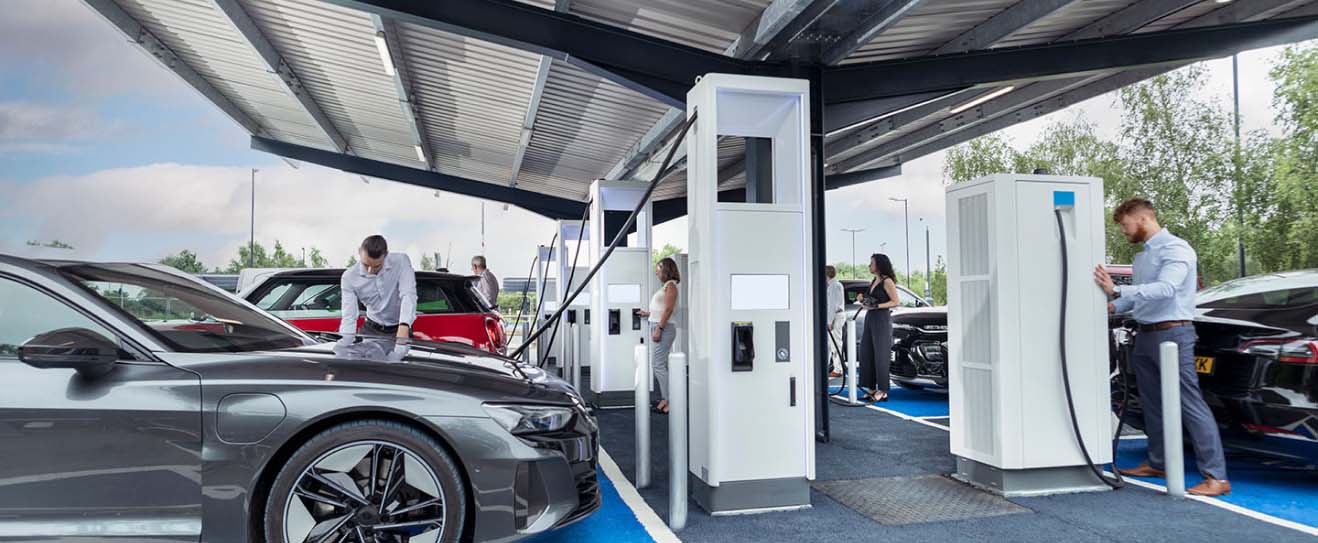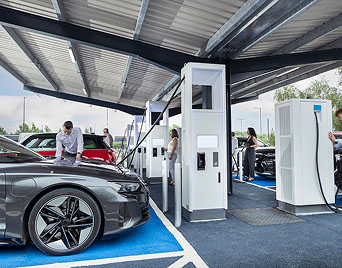Quick insights:
- Congress passed legislation that will end federal EV tax credits as of September 30, 2025.
- Buyers can still qualify for these federal incentives if they meet requirements before the termination date.
- EVs may still offer long-term financial benefits even without federal tax credits.
Federal electric vehicle (EV) opens in same window tax credits are officially coming to an end. Congress has passed legislation that terminates both the $7,500 tax credit for new EVs and the $4,000 credit for used EVs on September 30, 2025. This gives prospective EV buyers less than three months to benefit from these valuable federal incentivesopens in same window, which have helped make electric vehicles more affordable for American drivers.
For those planning to buy an EV soonopens in same window, confirm your eligibility with your dealer or manufacturer to begin your transaction prior to the September 30 deadline. EVs purchased and delivered before September 30 could still receive a credit if they meet current requirements, which relate to the buyer’s income as well as the vehicle’s cost and location of manufacturing/assembly.
In summary: To benefit from the federal tax credit for EVs before it expires, be sure your EV purchase takes place before September 30 (check with your dealer or manufacturer for details). Chase provides EV financing for customers who lease vehicles through select auto manufacturers; check out the available EVs from Rivian, Subaru, Range Rover, Maserati and McLarenopens in same window.
You can also shop on the Chase marketplaceopens in same window for EVs, hybrids, and other vehicles from a variety of manufacturers.
Sources:
• Associated Press: What to know about buying electric vehicles after the federal tax incentives end (July 3, 2025)
• Reuters: US electric vehicle tax breaks will expire on Sept. 30 (July 3, 2025)
• Atlas Public Policy: Comparing the cost of owning the most popular vehicles in the United States (March 2024)











